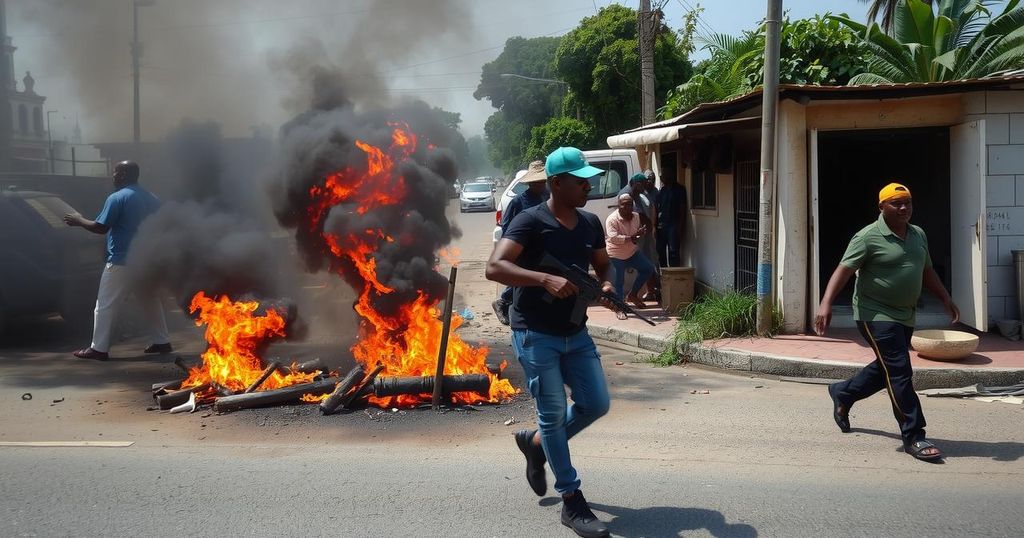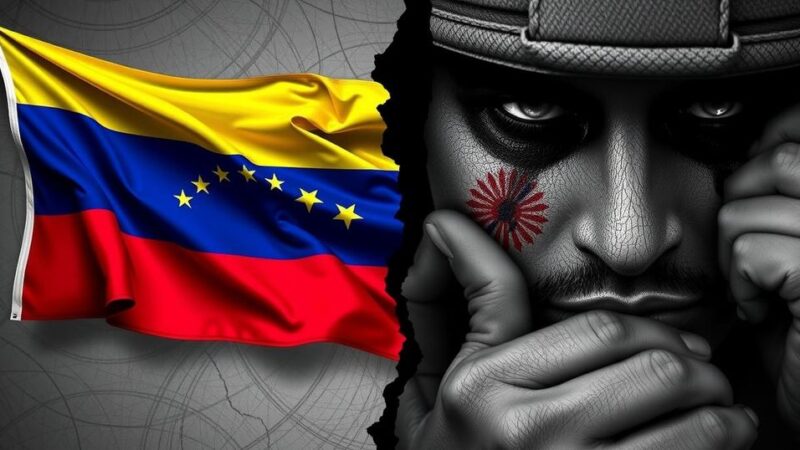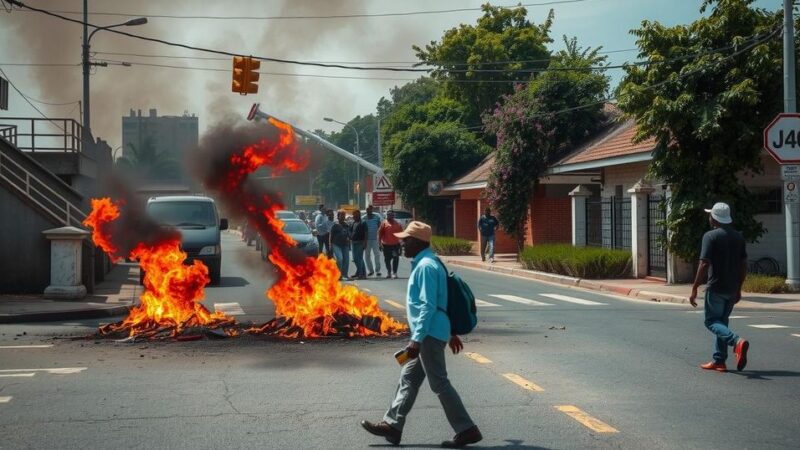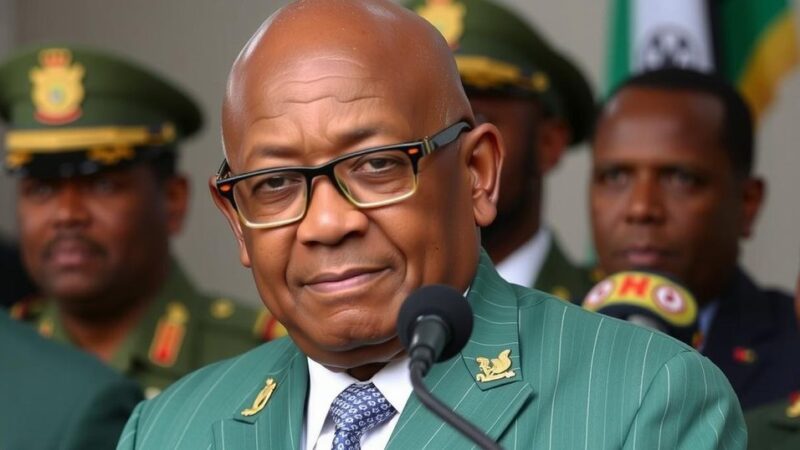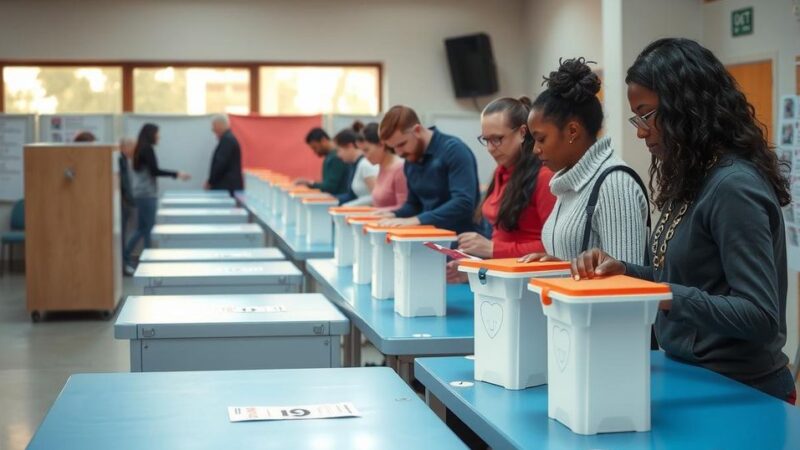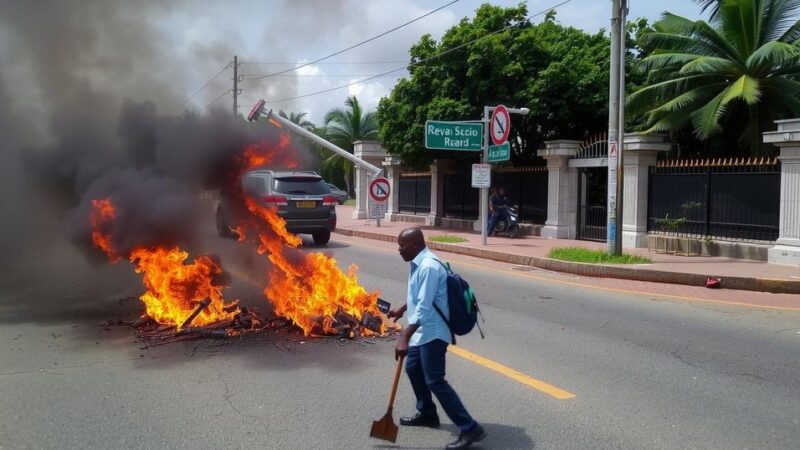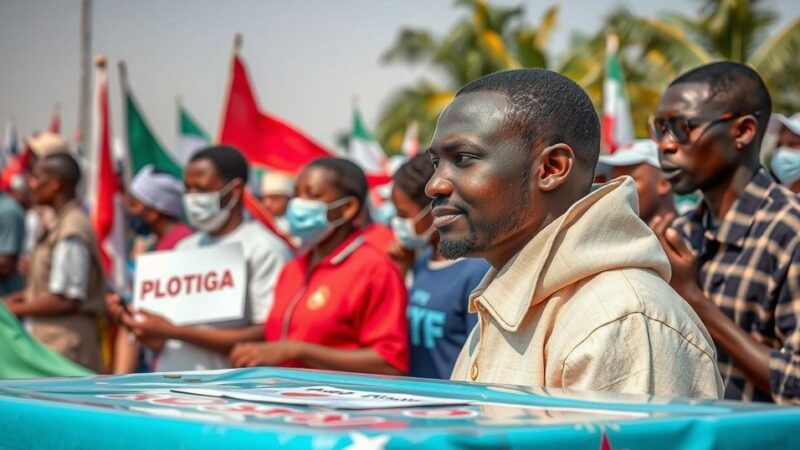Approximately 125 individuals have been killed in Mozambique due to violence related to opposition protests over the presidential election results. The Supreme Court confirmed Daniel Chapo of the Frelimo party as the election victor, despite accusations of electoral misconduct.
In the aftermath of Mozambique’s recent presidential elections, approximately 125 individuals have lost their lives within a mere three days due to violent confrontations stemming from protests led by opposition factions. These protests arose in response to claims of electoral misconduct associated with the elections held on October 9. Notably, despite these allegations, the Supreme Court of Mozambique affirmed on Monday the victory of Daniel Chapo from the ruling Frelimo party, which has maintained its grip on power since 1975, declaring he secured 65.17 percent of the votes.
The significance of the October 9 elections in Mozambique cannot be understated, as they represent a critical juncture in the nation’s political landscape. The Frelimo party, having presided over the country since its independence, has faced accusations of electoral malpractice, particularly from various international observers who noted irregularities during the voting process. The response from opposition groups has been one of discontent, leading to widespread protests and subsequent violence following the court’s confirmation of the election results.
The violence that has ensued in Mozambique following the recent elections underscores the critical need for dialogue and reconciliation among the country’s political factions. With 125 fatalities reported in a short period, it is essential for the government and opposition to address the underlying grievances to prevent further loss of life and restore stability. The forthcoming steps will determine the trajectory of Mozambique’s political environment amidst rising tensions.
Original Source: www.leader-call.com

